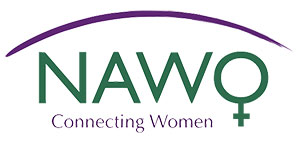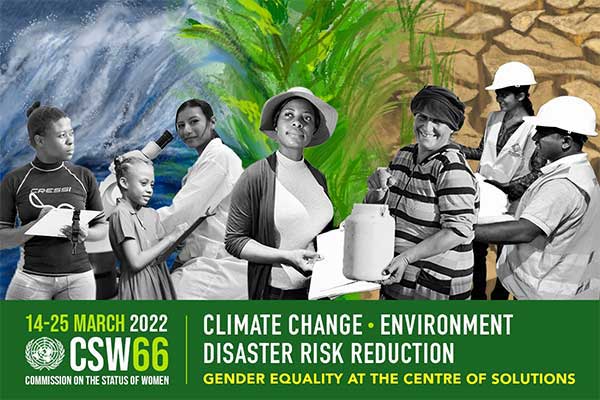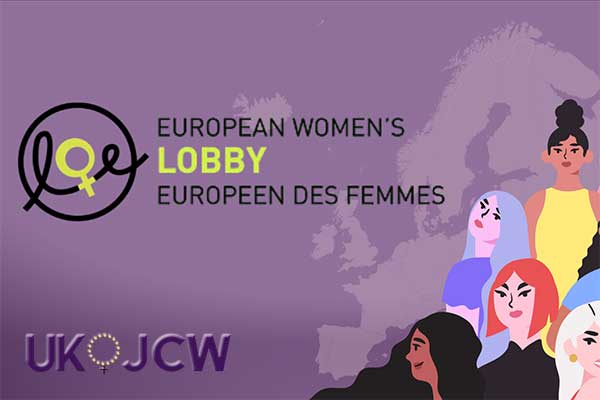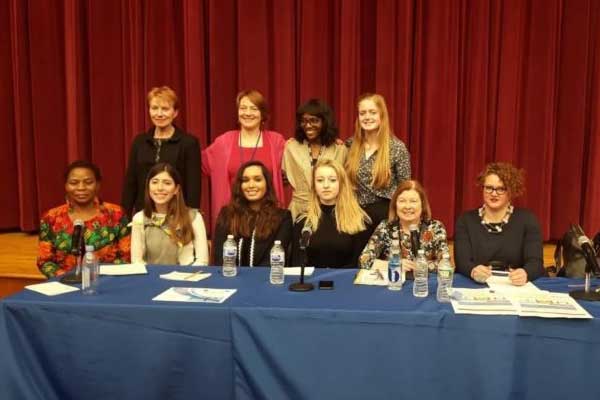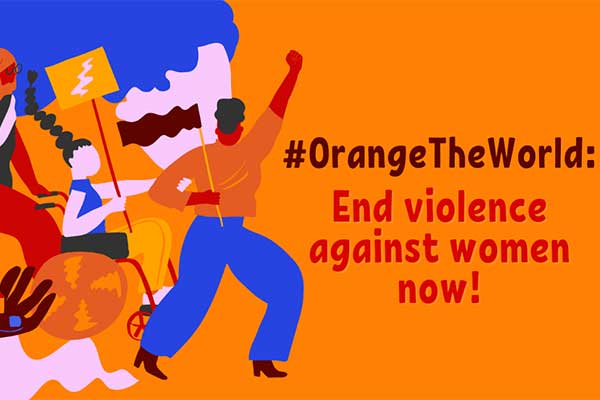By Zuleika Frost, YWA Advance Delegate 2016
UNESCO estimates that there are currently 98 million girls missing out on secondary education worldwide. That’s over 10 times the total population of London who are missing out on quality education, and suffering as a result.
This, combined with the millions of girls who face pressure to drop out before the end of school, presents us with a somewhat daunting statistic about access to education. This puts girls at a higher risk of child marriage, early childbirth and this has been linked to a decreased vulnerability to HIV/AIDS. On average, a girl who has not attended secondary school will also earn 25% less than her secondary educated counterpart, which hinders gender equality and economic empowerment for women and girls. Inevitably, this phenomena affects girls in different ways to their male counterparts. For example, according to the Global Partnership for Education, there are 16 countries in which fewer than 80 girls for every 100 boys are enrolled in lower secondary school, and conservative estimates suggest that over 60% of adults who are illiterate are female. These numbers also increase the wage gap between genders and are a real stumbling block in the struggle for gender equality.
Part of the Millennium Development Goals, was to have “every child in the world, boys and girls alike, to receive a full course of primary school education by 2015.” This target was put in place to combat the 17% of children worldwide who were not enrolled in primary education in 2000. In 2012, the figure had reduced so that 90% of primary school aged children we enrolling – the highest levels of primary school registration ever recorded. While the provisions were seen very positively for its desire to tackle the lack of basic education, the MDGs did face some criticism for not addressing the problem of secondary education.
Malala Yousafzai, the youngest ever Nobel Prize Laureate and activist for women’s education ( who was shot by the Taliban for speaking out against their ban on girls attending school) says that secondary education is just as important as basic primary education. On her website, “The Malala Fund”, she quotes her father as saying “basic education begins to unlock potential, but it is secondary education that provides the wings for girls to be able to fly.”
As well as Malala’s call for a heavier global emphasis on secondary education for girls, the Sustainable Development Goals, launched in 2015 to create a new agenda to replace the Millennium Development Goals, increase the UN’s focus from being predominantly about primary education to including the aim of “ensuring that all girls and boys complete free, equitable and quality primary and secondary education” and “promoting lifelong learning”.
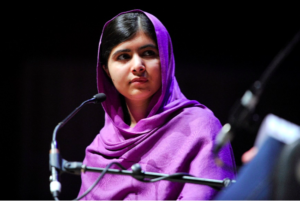
However, to tackle the vast numbers of young women who are not attending secondary education, more action is required. Governments who have committed to implementing the Sustainable Development Goals must put in place legislation which ensures they follow through with their promises. Working to challenge child marriage is also crucial as this is one of the leading causes for secondary school drop outs.
This is an issue which is relevant to everyone. As the world faces many challenges such as climate change, gross inequality and a rapidly changing world, it is crucial that we have as many well educated, empowered young women working for change as possible.
To do achieve this, it is essential that as many people as possible get involved and do their bit. Please share this blog post to raise awareness about this issue and sign NAWO’s letter asking the government to live up to their SDG commitments with regards to gender.
If you wish to read more about this issue, see:
UN Agenda on Education for Girls
Millennium Development Goals on Education
This blog post was written as part of Zuleika’s contribution to NAWO’s Young Women’s Alliance Advance programme, enabling young women to gain the knowledge, confidence and capacity to call for the rights of women and girls. You can find out more on YWA Advance, and the celebratory event, including human rights organisations and parliamentarians in the Houses of Parliament on 30th November 2016 here.
